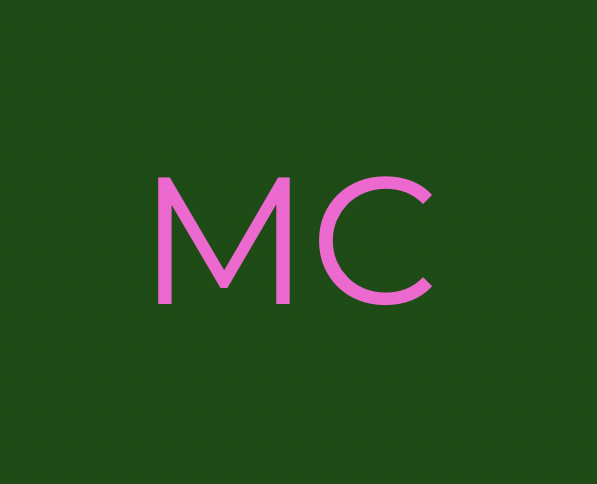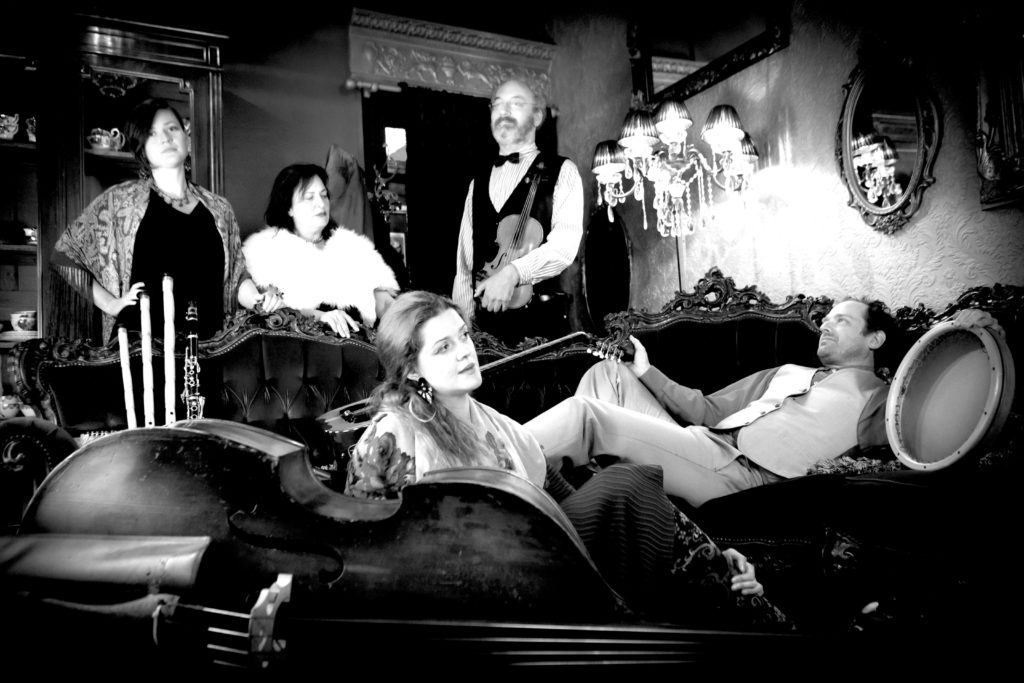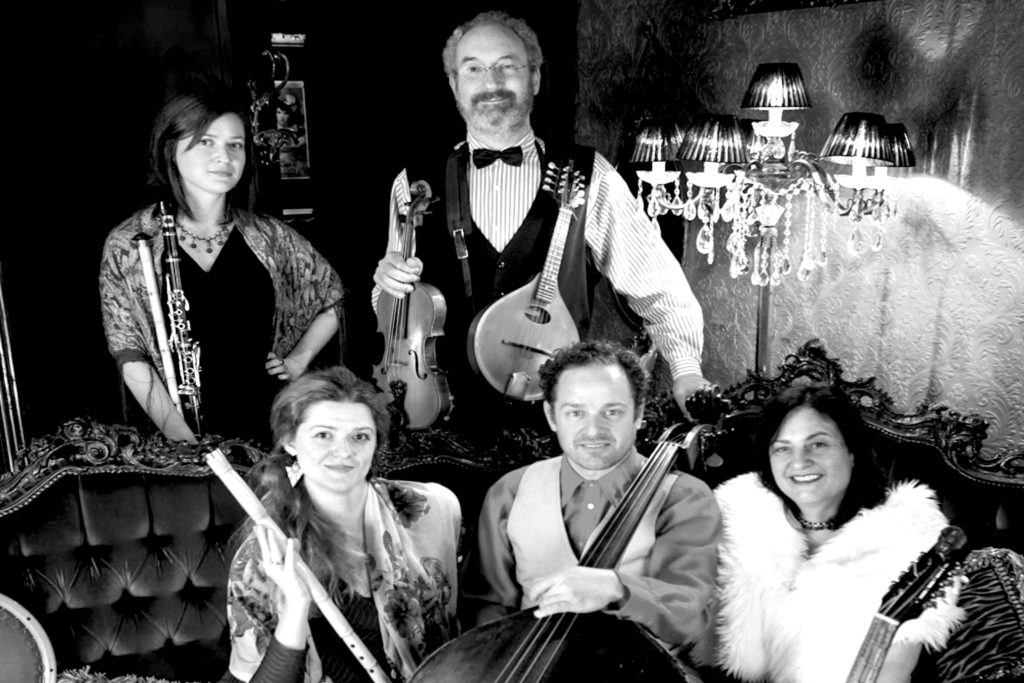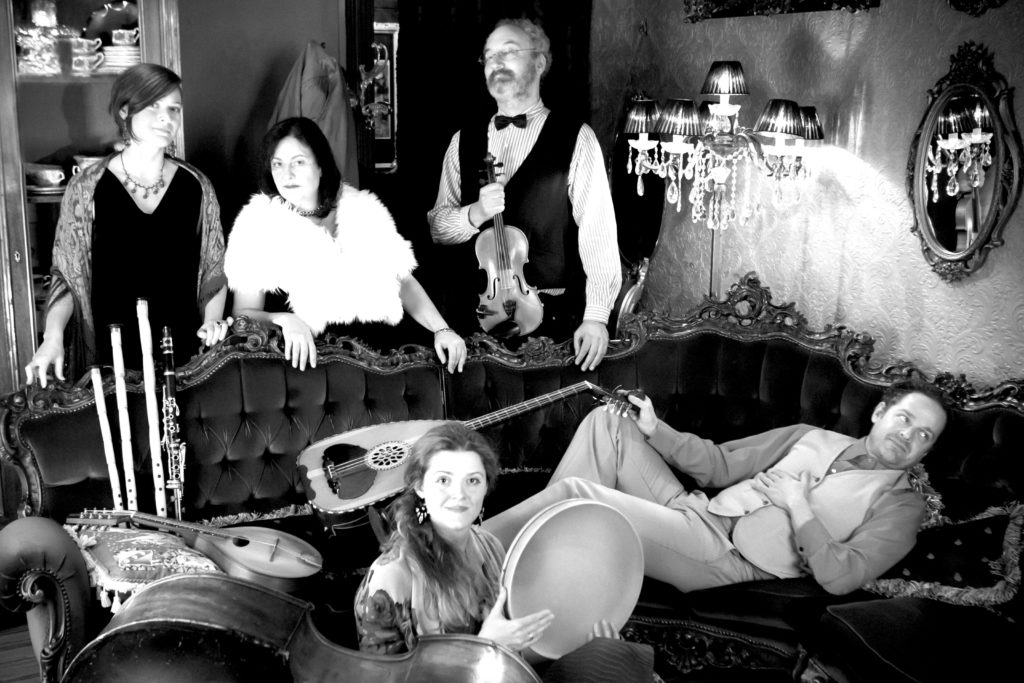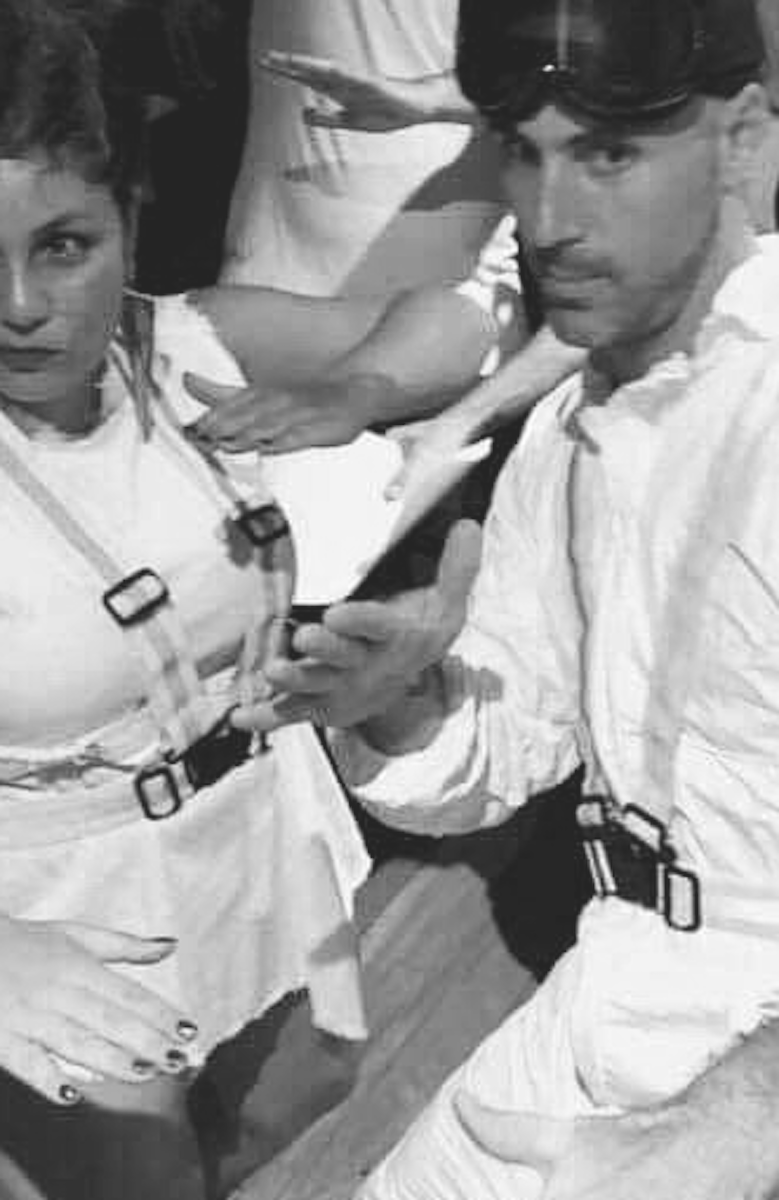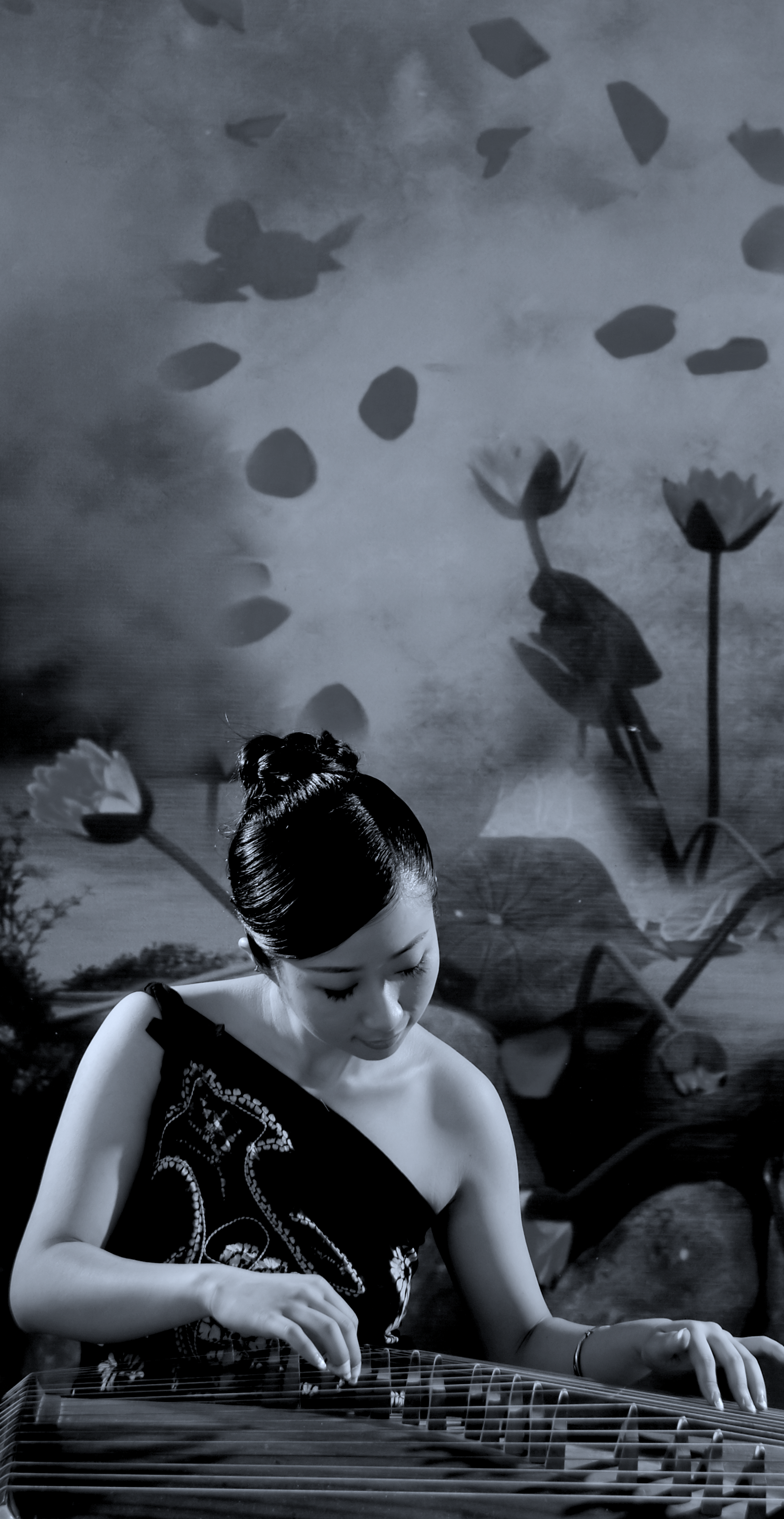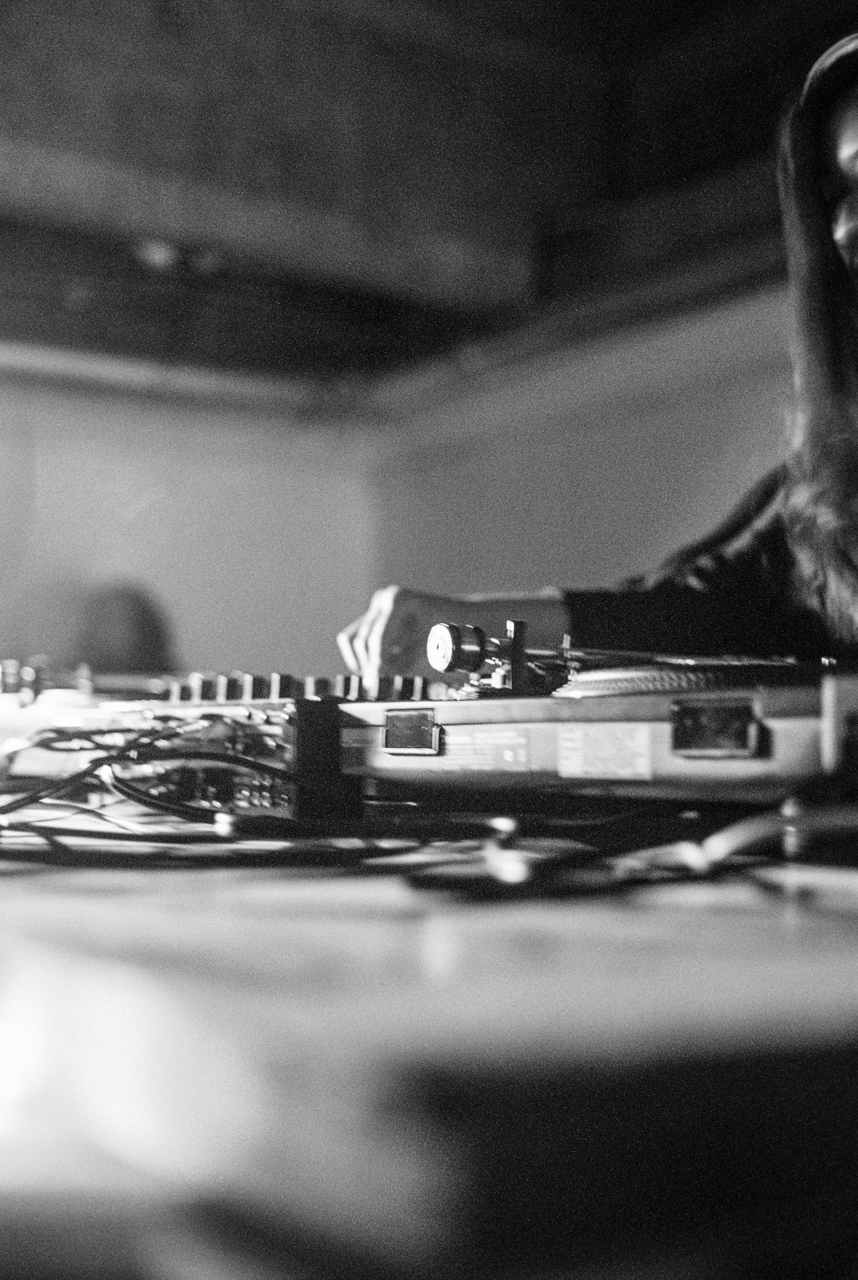THE LIGHT WITHIN
Saray Iluminado takes Sevdah and Sephardic music forward, by rigorously and poetically investigating and taking it right back to the times when the musical genres were played privately among family members. In these times past, songs were sung to ease the spirit within, to utter the unspeakable. Though despite their haunting beauty, these were once rarely heard outside of the four walls of one’s private dwellings, but did in time made their way to the local taverns. In the bright light of the present day, this group now seek to create intimate participatory musical gatherings and for new vocabularies from their expression to form. Since their inception back in 2013 they have progressed swiftly to become one of Melbourne’s best loved world music ensembles. Nela Trifkovic from the group, spoke with The Melbourne Critique, about inspiration, culture place and being.
Talk to us about your history and the inception of SARAY Iluminado.
Late in 2013, I had just finished my PhD that explored the role of world music in film soundtracks and experimental theatre and I was busting to turn some aspects of my thesis and portfolio into a lifestyle. So, SARAY Iluminado was formed. I am from ex-Yugoslavia (Bosnia and Herzegovina) and I came to Australia with my family as a teenager in the 90s as a refugee. The life I’ve had here and there has always been a curious mix of awesome and often tough at the same time. I was lucky enough to get into WAAPA about a month after we came to Australia. I studied in Performance Making, focusing on Experimental Theatre and Performance Art. Whichever form I work in, one thing is clear: the artists that move me the most are those exploring their roots, their heritage and commenting on the world from that perspective.
Whether it is a musician, a performance artist or a filmmaker, I am interested in the collide between the ancient and the current expressions in art and culture. I’ve spent a bit of time in Athens and Rome recently. These are some of my favourite cities. They have some of the edgiest contemporary art and fashion while also being a home to all the historic and archeological sites such as the Acropolis and the Colosseum. It is awesome!
SARAY Iluminado focuses on two genres of music from the Balkans. One is Sevdah, the music of Bosnia and Herzegovina, and the other is Sephardic Jewish music, which was brought to the Balkans by the Jews who came from the Iberian Peninsula during the Middle Ages. These are the genres that are the closest to my heart, some of which I sung with my dad while hiding under the kitchen table, trying to avoid my bedtime call as a child.
Through your music and expression, what is it you are trying to put forward in both the local and Australian music scenes?
To me there was something missing. Broadly speaking, there are many “Balkan” bands in Melbourne playing a range of genres from ex-Yugoslavia, Greece, Bulgaria, Romania, Albania, etc. Acoustic music artists such as Goran Bregovic and electronic outfits such as the Israeli-based “Balkan Beat Box” have really exposed the fast, furious, and often brass-driven side of Balkan music that reveals the euphoric aspects of these genres. But I haven’t really heard folk artists in Melbourne engage with some of the subtler, yet more complex genres of music from ex-Yugoslavia.
I was looking to not just put together a band of musicians but also to find collaborators with whom to stage intimate, immersive theatricalized events rather than just to “play gigs.” The genres that we play gently but intricately entwine four worlds: the Slavic, the Turkic, The Jewish and the Mediterranean. They do so in their musical, linguistic, cultural, poetic and spiritual influences. Much like the Balkan Peninsula itself, each of these genres is a little bit of an omni-containing force. This is the work of art and magic; it’s part performance, and part poetic-activism as we not only share new music and culture but also expand the Australian musical voices by revealing treasures of previously almost anonymous nations.
Who else makes up the ensemble?
We are a curious bunch as a five piece. We love music, theatre, food and wine. I guess we love life. Ernie Gruner (violin, mandolin) is well known to Melbourne audiences for his work in folk music (Jewish Music in particular) and theatre, as is the Greek-Albanian music and theatre practitioner Irine Vela (laouto, a Greek guitar-type instrument.) Dan Witton (double bass, vocals) is likewise well known as a musician, designer and theatre maker. Kelly Dowall (clarinet, percussion, Turkish ney flute) is a multi-instrumentalist with a long history of exploring Turkish, Balkan, Middle Eastern and Mediterranean music, and then there is me on vocals and percussion. I am basically making projects that are trying to communicate that another world is possible and that people love to gather in taverns and theatres around music, food, art, thought and beauty that connects them rather than to compete and remain separate and isolated.
Let’s delve into the deeper aspect of SARAY Iluminado’s reason for being.
The musical genres that we play are blues-like in their aesthetic. They are the voices of the oppressed, but they are also the voices of those who will not remain silent and will not be easily defeated. Sevdah is a genre that gave voices to women in times as early as three to four centuries ago. The same can be said for the Sephardic Jewish Music that we play. Being from Bosnia, I’ve experienced a lot of assumptions in my life and I have probably made equally many as I have often been a new person in the environment. We continue to witness a continuation of active or passive wars. There are explicit refugees, people seeking asylum, seeking hope and a possibility of a new home. But then there are also the less obvious, implicit “localfugee” people who are marginalized for racial, sexual, political, gender identity questions. Recently I have been working as a composer on a project about the “invisible homeless” – the middle aged women who, for various personal and professional reasons, find themselves struggling in shared accommodation or on the verge of homelessness even in and beyond their 50s.
There are many seeking a voice. Sometimes it is a voice yet to be created, and sometimes we find uncannily familiar voices somewhere unexpected, somewhere far from the known and the familiar. World music offers this. You find your soul in a part of the world you’ve never visited, in the sounds of a language you do not speak. Revelations happen in kooky places.
In the music that I play, women are bold and powerful. They gain power and voice as they age, and they often become brazen matriarchs. There are also subtle but witty codes exploring non-monogamy, exploring gender diversity, and exploring lots of shadowy subtleties of the soul. Exploring that which connects us all. One of my favorite current Sevdah artists, Božo Vrećo, is a beautiful almost folk gothic-like gender diverse singer and performer. The female aspect of the soul that roams the Sevdah realm informs his practice on every level from the music through to the conceptual art, staging and costuming. His work is rich and intricate; we are talking about poetics of perception. I hope Božo comes to Australia soon and works with me, and works with someone like Finucane and Smith someday.
I want my work to find a way to gather and unite curious bunches, to give platform to unlikely matches and voices to those who struggle to get heard, but will also not remain silent.
What are some of your hopes for the future, the direction of your craft and that of SARAY Iluminado?
During my recent trip to Bosnia and Greece, I connected with two interesting artists and academics, both of whom do activism, peace and acceptance work through art and history. One is the director of the Jewish Municipality of Sarajevo who I would like to help come and present the SARAJEVO HAGGADAH – an old Jewish illuminated book that contains some of the old scriptures – Passover texts to be precise. This is one of the oldest Sephardic Haggadahs, probably dating to late 1300 Spain. This book has had quite a turbulent history, yet like the people, it has survived many hardships and is now in the National Museum of Sarajevo. It would be quite interesting to craft a concert of Sephardic music around it.
The other artist, Edina Selekovic, is a Bosnian-American friend and colleague who spends her life between Brooklyn, NYC and Bosnia. Her work Think Freedom – Between Today and Tomorrow connects a number of artistic and media forms with the single goal of articulating and responding to the theme of “freedom and what does freedom mean to us at different stages of life, under different circumstances, living in different places?” This is a question that is worth visiting and revisiting all life long, in my modest opinion.
I hope that I can somehow help Australia witness these people’s work. Edina’s work has been all over Europe, North America and is now in South America. I would love to share a song or two under her beautiful installation someday soon, somewhere like the NGV. Here’s to the director of the Melbourne Festival reading this and finding out about this incredible work and this tour-de-force woman!
